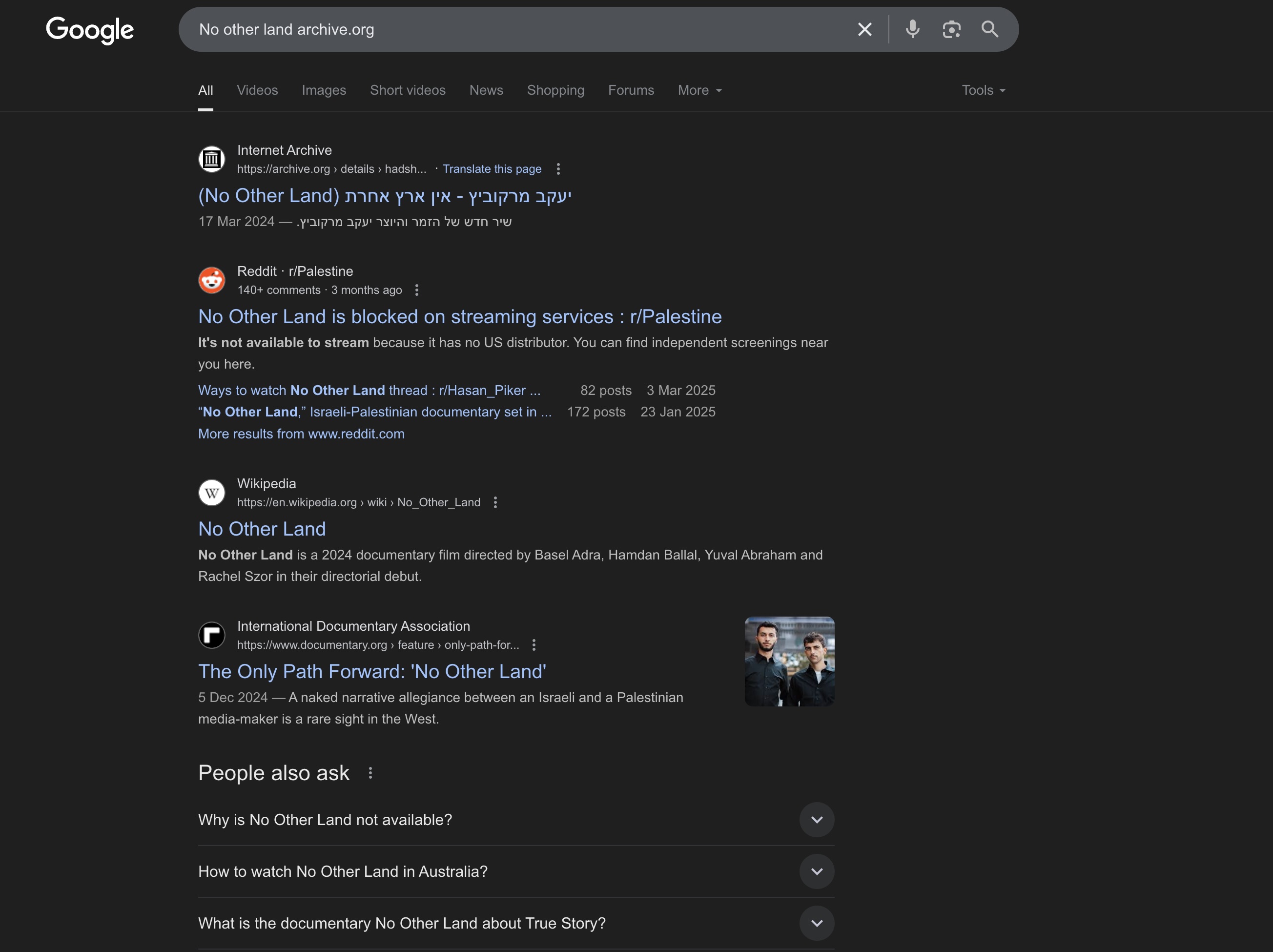




I am Marilyn Monroe, though I was born Norma Jeane Mortenson on a bright June day in 1926, right here in Los Angeles. The city around me is a sprawling patchwork of palm-lined boulevards, golden beaches, and the ever-present hum of Hollywood dreams. But for much of my early life, those dreams felt impossibly far away. My childhood was marked by uncertainty-shuffled between foster homes and orphanages, haunted by my mother’s struggles with mental illness, and shadowed by the loneliness of never knowing my father.
Los Angeles in the 1930s and 1940s was a place of contrasts: glamour and grit, sunshine and sorrow. The film industry was booming, drawing hopefuls from across the country. Yet for a girl like me, with little more than a suitcase and a head full of fantasies, the city could be cold and indifferent. I found solace in the movies, idolizing stars like Jean Harlow and imagining myself on the silver screen.
At sixteen, desperate to escape the foster system, I married Jim Dougherty. He was kind, but my heart yearned for something more than the life of a housewife. When World War II called him away, I found work in a munitions factory, joining thousands of women keeping the country running while the men fought overseas. It was there, amid the clatter of machines, that a photographer noticed me. That chance encounter led to modeling, and soon, the transformation from Norma Jeane to Marilyn Monroe began.
Hollywood in the postwar years was a world of dazzling lights and rigid studio contracts. I signed with 20th Century Fox, dyed my hair platinum blonde, and learned to play the “dumb blonde” the world seemed to adore. But behind the camera, I was reading poetry, studying acting, and fighting for respect in an industry that wanted to keep me in a box. My films-Gentlemen Prefer Blondes, How to Marry a Millionaire, The Seven Year Itch-made millions, but I was often paid a fraction of what my male co-stars earned and denied the chance to take on serious roles.
It frustrated me, being typecast and underestimated. So I took a risk-founded my own production company, Marilyn Monroe Productions. It was unheard of for a woman, especially one with my reputation, to challenge the studio system. The press mocked me, but I persisted, demanding creative control and better pay. I studied method acting with Lee Strasberg, striving to be more than a pretty face.
My private life was as tumultuous as my career. I loved deeply-Joe DiMaggio, Arthur Miller-but my marriages unraveled under the weight of fame and personal demons. I battled anxiety, insomnia, and the fear that I would lose my mind as my mother had. The world saw the glamour, but few understood the loneliness and pressure behind the spotlight.
Yet, in this era, I saw how humans are bound together-by longing, by ambition, by the need for connection. The letters I received from fans, the friendships I forged with other outsiders, the way a song or a smile could bridge divides-all of it reminded me that even in a city built on illusion, real emotion was possible.
I became an icon, but I never stopped being that little girl searching for love and belonging. My greatest desire was to be taken seriously, to be seen for who I truly was. My greatest fear was that I never would be.
Essay: Lessons for Startups from My Life
In the world of startups, as in Hollywood, the odds are stacked against you. My journey from orphanages to the heights of fame offers lessons for anyone daring to build something new:
- Own Your Narrative: I refused to let studios define me. I created my own company to control my career. Startups must do the same-define your mission, tell your story, and don’t let others box you in.
- Embrace Authenticity: My persona was carefully crafted, but my real power came from embracing my vulnerabilities and uniqueness. Customers and investors respond to authenticity-don’t be afraid to show who you are.
- Resilience Is Key: I faced rejection, scandal, and heartbreak, but I kept going. Startups will encounter setbacks; resilience and adaptability are your greatest assets.
- Seek Mentorship and Build Networks: I learned from acting coaches, directors, and friends. No one succeeds alone. Surround yourself with mentors and allies who challenge and support you.
- Challenge Stereotypes: I was typecast, but I fought for more meaningful roles. Startups should challenge industry norms and push for innovation, even when it’s uncomfortable.
- Prioritize Wellbeing: My struggles with mental health were real. Founders must care for their emotional and physical wellbeing to sustain their vision and lead effectively.
- Use Your Platform for Good: I used my influence to support causes I believed in, like helping Ella Fitzgerald break racial barriers. Startups can drive positive change-don’t underestimate your impact.
- Never Stop Learning: I studied, reinvented myself, and sought new challenges. In the fast-changing world of startups, continuous learning is essential.
Remember: success isn’t just about fame or fortune. It’s about staying true to yourself, lifting others as you rise, and daring to dream-no matter how impossible it seems.
.png)




